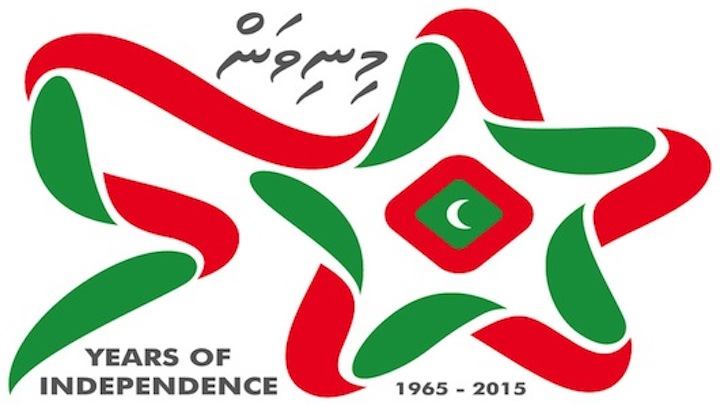Three councillors of the Alif Alif atoll council have been suspended over a resolution declaring the council will not participate in activities organised by the government to mark the golden jubilee of independence.
The Local Government Authority (LGA) on Sunday suspended councilmen Hassan Shiyan, Moomin Rasheed Ahmed and Ali Sameer for one month without pay.
All six members of the atoll council belong to the main opposition Maldivian Democratic Party (MDP).
The resolution passed on April 30 by three of the six councillors, and signed by the council president, said they do not believe Maldivians are independent and free as long as the first democratically elected president Mohamed Nasheed and other politicians remain in jail.
“[A]n environment conducive to celebrating Independence Day does not exist in this country at the moment. It will be very difficult to gain the support of the public for independence day activities. This council has decided not to participate in any activities organised by the government, until it grants all the powers enshrined in the Decentralisation Act to local councils and stops harassment of dissidents,” the resolution read.
The three suspended councillors are out of the country.
The council’s vice-president Moosa Naeem told Minivan News the council office is not functioning because of the suspension of half of its members.
The council’s president Abdul Ghafoor Mohamed may also face suspension, he said.
Naeem said he was not present at the emergency meeting called over the resolution, but explained the decision: “We had decided we are not going to participate in the ‘Independent 50’ activities, because the situation in the country, political leaders being imprisoned and many are being brutalised. The decision passed with a majority of three members out of the four that attended.”
The LGA, headed by home minister Umar Naseer, has also penalised several councillors for participating in mass protests organised by the opposition.
A total of seven councillors were suspended for two months without pay for participating in the May 1 protest. Nearly 20,000 people took to the streets of Malé on May Day demanding the release of Nasheed and ex-defence minister Mohamed Nazim.
The Thulhaadhoo island council has meanwhile defied orders from the LGA to withhold the monthly salary of a councillor suspended for attending the protest.
The council informed the LGA last week that the authority’s order was contrary to relevant laws and regulations. Unless a court of law rules otherwise, the Thulhaadhoo council said it would be following an “unconstitutional order” if it enforced the decision.
Earlier this month, MDP island and atoll councillors in Noonu atoll decided to chip in to pay the salary of suspended Holhudhoo councillor Hussain Habeeb.
The MDP said some 300 of its 450 island and atoll councillors had taken part in the May Day protest. A third mass protest is set for June 12.
MDP vice president Mohamed Shifaz condemned the LGA’s decision: “The LGA is only there to monitor the system. Suspending councilmen is not even on their mandate. An unelected body cannot suspend councillors elected by the people.”
He urged the parliament to take action against state bodies that overstep their mandate.
“This is Naseer’s political schemes, the problem here is the parliament controlled by the ruling party never takes action against committees that go out of their mandate,” he said.
